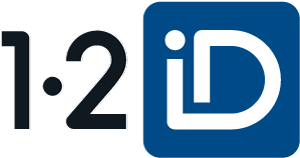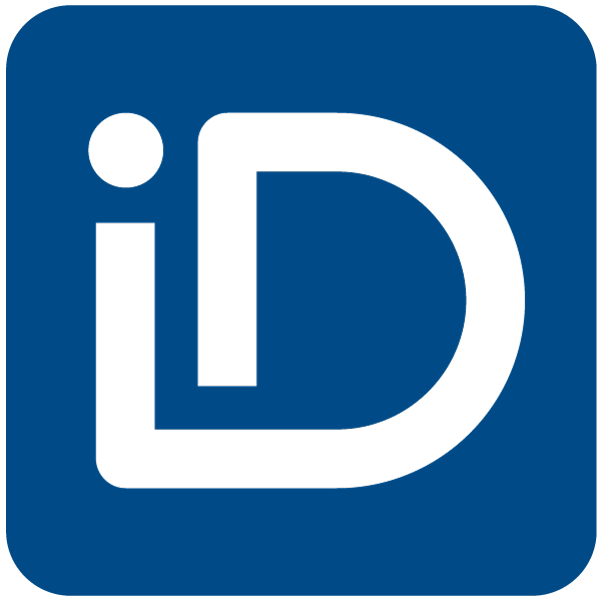Bangladesh's Digital Identity Revolution: Shaping a Cashless Future
In Bangladesh, several innovations are driving the rapid digitization of financial services. These include cashless remittance, digital ecosystems, agent recruitment solutions, payment digitization and gateways, bill services, multiple wallets in one account, digital lending, and monthly savings through mobile financial services (MFS) platforms. These innovations play a crucial role in reshaping the country's economy, pushing it towards a cashless future.
To access government and private services, individuals traditionally use physical credentials like passports, ID cards, driving licenses, and birth certificates. The emergence of a digital identity is transforming the verification and authentication landscape, enriching existing services and paving the way for new innovations. Digital identity is becoming integral to the digital financial services sector, leading to a reduction in cash usage as the economy transitions towards a cashless model.
Sweden serves as a notable example, by becoming the world's first cashless economy. With less than 5% of transactions in cash and the majority by card or “Swish”, Sweden's journey highlights the potential benefits of a cashless society, including reduced tax evasion and financial crimes like money laundering. The implementation of a digital identity was a critical and central component of this transformation, ensuring security, privacy, and convenience for individuals and businesses participating in the digital economy. Digital identity not only facilitates access to digital services but also enhances security by preventing financial transactions from being linked to criminal or terrorist activities. The Swedish model demonstrates that a cashless economy can streamline financial processes, reduce business risks, and minimize the time and expense associated with handling cash.
With the support of 12iD, the Bangladeshi government's ability to track financial transactions is enhanced through digital identity, allowing for better detection of illegal activities. In this context, the efficiencies are clear — consumers benefit from secure identity verification when opening accounts or accessing services, while banks can simplify compliance with regulations and ensure customer protection. 12iD’s Digital identity ecosystem holds immense potential to unlock access to the digital economy in Bangladesh and neighbouring countries, as well as reduce fraud, enhance security, achieve inclusive growth, and increase competitiveness. 12iD addresses the growing need for online interactions in a safe, secure, and private manner, presenting a natural evolution in Bangladesh’s increasingly digital world.
Image by pvproductions on Freepik


